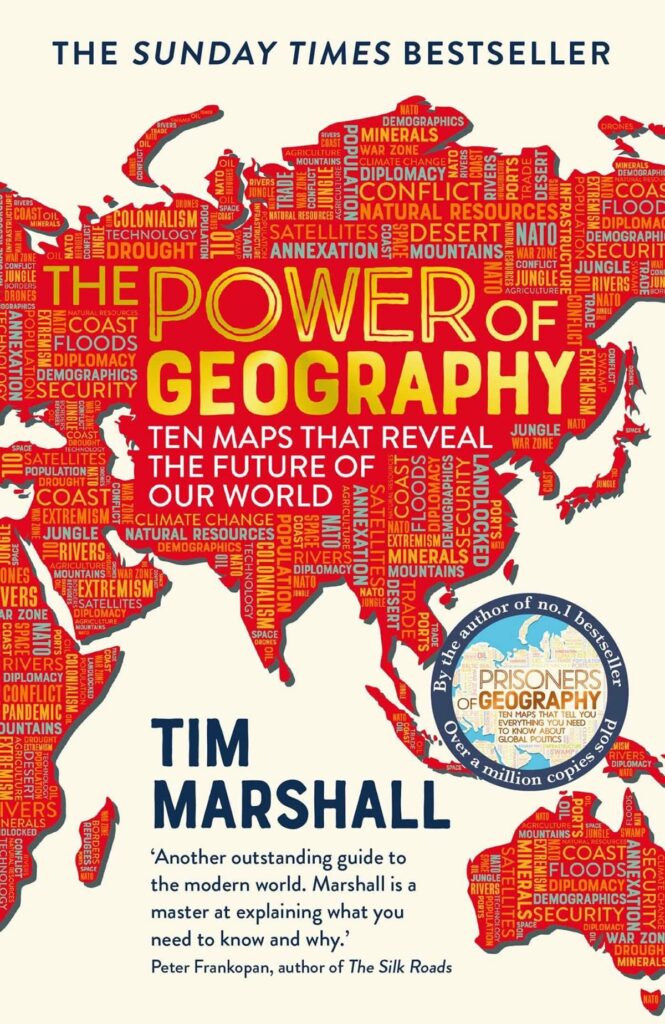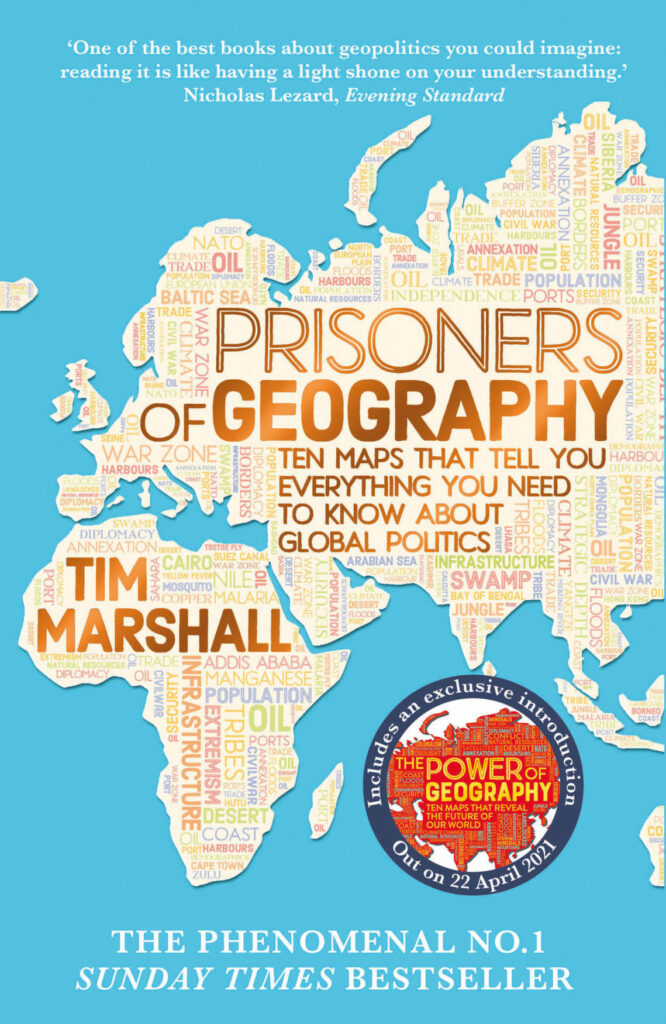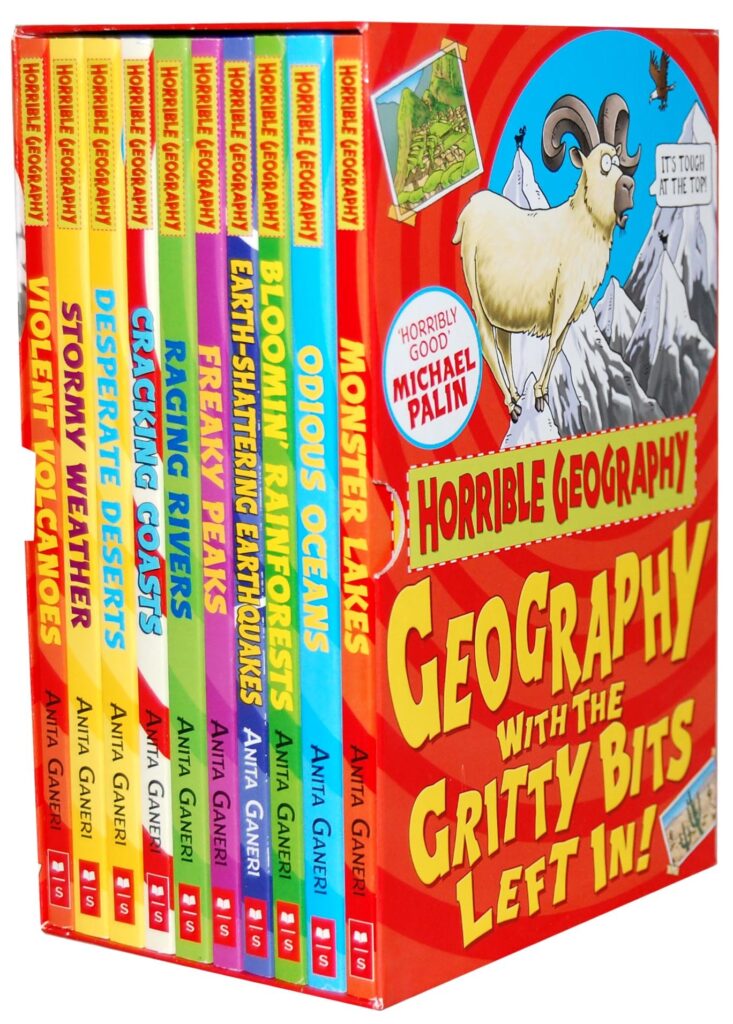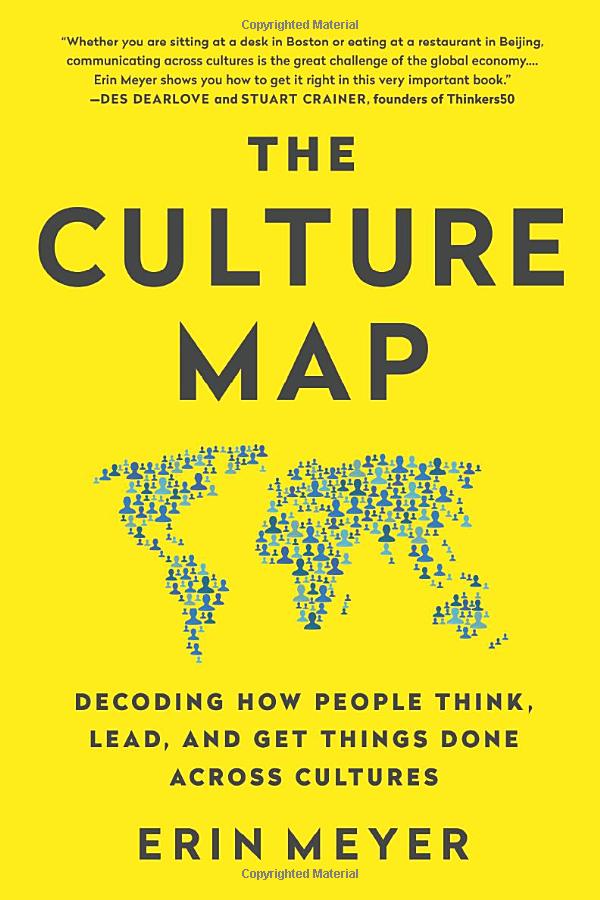Geography
Curriculum Intent
The geographical knowledge, skills and understanding students have gained, will prepare them for everyday life outside of school, as well as further education and the workplace.
Curriculum Documents
Teaching and Learning
In Geography, we deliver an ambitious, inclusive curriculum that ensures all students access the full breadth of content. Our teaching vision focuses on high expectations and embedding the 3Rs: Ready, Respectful, Responsible. Lessons follow the school’s Blue Coat approach; explaining and modeling, do and practice, and using the 4forAll Toolkit: key words/reading, time management, chunking/checking, questioning, and providing appropriate verbal, written and visual feedback. Reading is a key strategy, with staff using “Jump In,” the “3-Second Rule,” and “Echo Reading” techniques to support learning.

How can parents help?

In this revelatory new book, Marshall explores ten regions that are set to shape global politics in a new age of great-power rivalry: Australia, Iran, Saudi Arabia, the UK, Greece, Turkey, the Sahel, Ethiopia, Spain and Space. Find out why Europe’s next refugee crisis is closer than it thinks as trouble brews in the Sahel; why the Middle East must look beyond oil and sand to secure its future; why the eastern Mediterranean is one of the most volatile flashpoints of the twenty-first century; and why the Earth’s atmosphere is set to become the world’s next battleground.

All leaders are constrained by geography. Their choices are limited by mountains, rivers, seas and concrete. Yes, to follow world events you need to understand people, ideas and movements – but if you don’t know geography, you’ll never have the full picture.
If you’ve ever wondered why Putin is so obsessed with Crimea, why the USA was destined to become a global superpower, or why China’s power base continues to expand ever outwards, the answers are all here.
In ten chapters (covering Russia; China; the USA; Latin America; the Middle East; Africa; India and Pakistan; Europe; Japan and Korea; and the Arctic), using maps, essays and occasionally the personal experiences of the widely travelled author, Prisoners of Geography looks at the past, present and future to offer an essential insight into one of the major factors that determines world history.

This award-winning series is written by Royal Geographical Society member Anita Ganeri, and illustrated by Mike Phillips (Horrible Histories: Gruesome Guides). For over twenty years Horrible Geography has taken the boring out of geological surveys, the dull out of drafting a map, and tedium out of tide tables.
Horrible Geography will have you laughing out loud as you learn a thing or two at the same time. Packed with hilarious illustrations and great facts that will have you rushing to share them with others, this is the book to help you laugh at the world around you. Whether you want to find out about far-flung places, or a little more about your own patch, Horrible Geography drops facts as quickly as jokes. This fantastic series of books brings geography to life, while quizzes, puzzles and activities keep boredom at bay.

Whether you work in a home office or abroad, business success in our ever more globalized and virtual world requires the skills to navigate through cultural differences and decode cultures foreign to your own. Renowned expert Erin Meyer is your guide through this subtle, sometimes treacherous terrain where people from starkly different backgrounds are expected to work harmoniously together.
Even with English as a global language, it’s easy to fall into cultural traps that endanger careers and sink deals when, say, a Brazilian manager tries to fathom how his Chinese suppliers really get things done, or an American team leader tries to get a handle on the intra-team dynamics between his Russian and Indian team members.
In The Culture Map, Erin Meyer provides a field-tested model for decoding how cultural differences impact international business. She combines a smart analytical framework with practical, actionable advice for succeeding in a global world.
Options
- AQA GCSE Geography (8035)
- AQA A Level Geography (7037)
Enrichment & Experiences
Recent/Upcoming trips include
- Year 7 – Investigative study of micro-climate around the school site
- Year 8 – Visit to the coast – Milford on Sea and Hurst Castle to study processes at work on the coast and coastal protection measures.
- Year 9 – Local investigative study
- Year 10 – Visit and fieldwork on Birkdale Sand dunes investigating the shape of the dunes and vegetation diversity.
- Year 11 – Visit and fieldwork to investigate the regenerated area of the Queen Elizabeth Park (Olympic Park) and compare with a more economically challenged area.
- Year 12 – Visit to Amersham Field Studies Council to investigate the many aspects of the water cycle: movement of water on different surfaces; river discharge; impact of interception and stemflow in a wooded area and infiltration capacity variation on a hillside. Visit Olympic Park to further investigate socio-economic and environmental quality.
- Year 13 – Carry out their own individual investigation for their A level. Investigations have included longshore drift on Hurst Castle spit, vegetation succession on Birkdale dunes; variations in quality of life and standard of living between differing areas in Coventry; the impacts of city centre regeneration in Coventry; the impact of footpath erosion at Brandon Marshes and so on.

